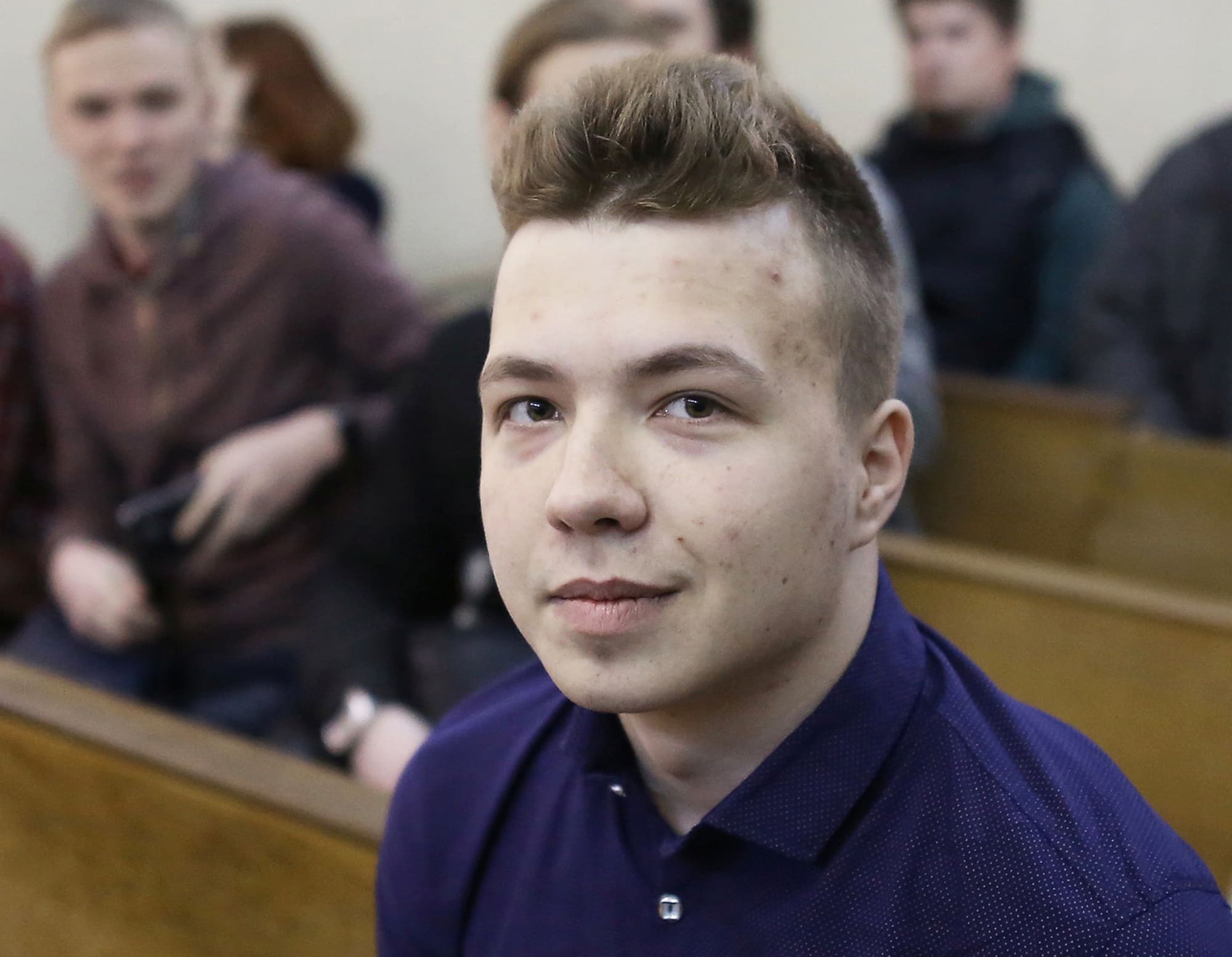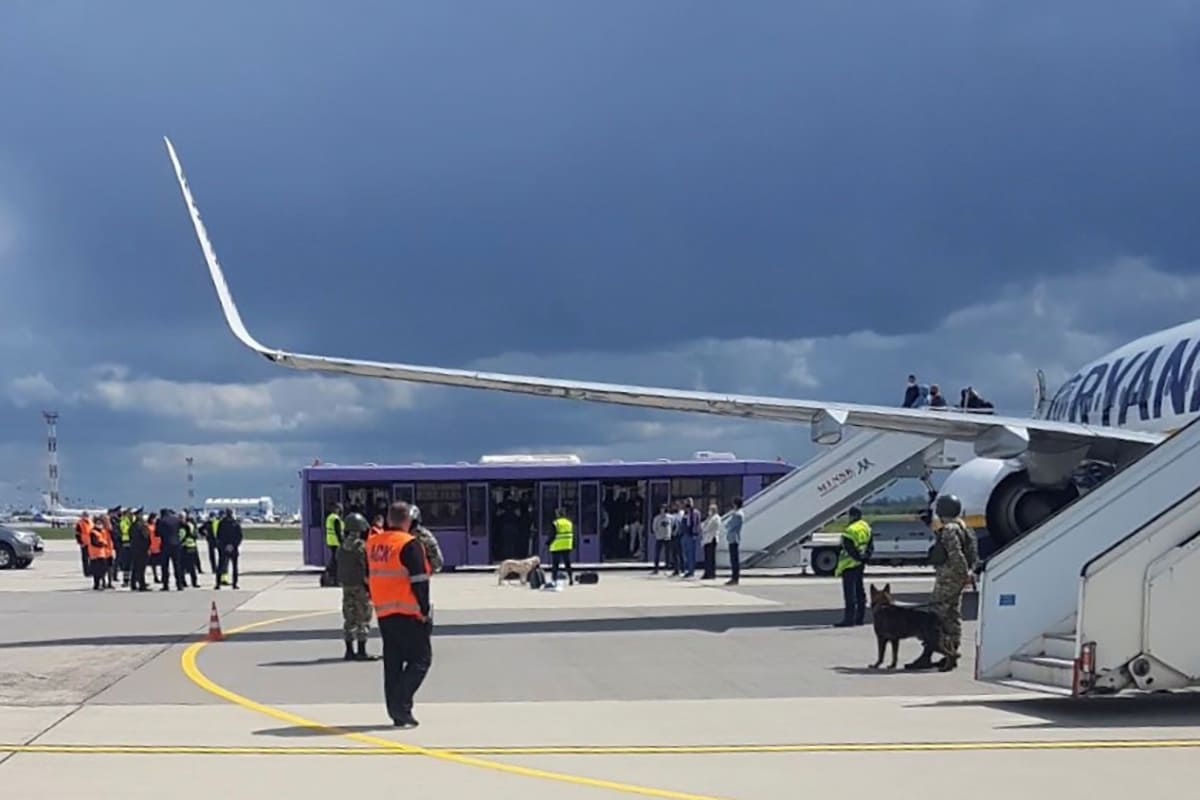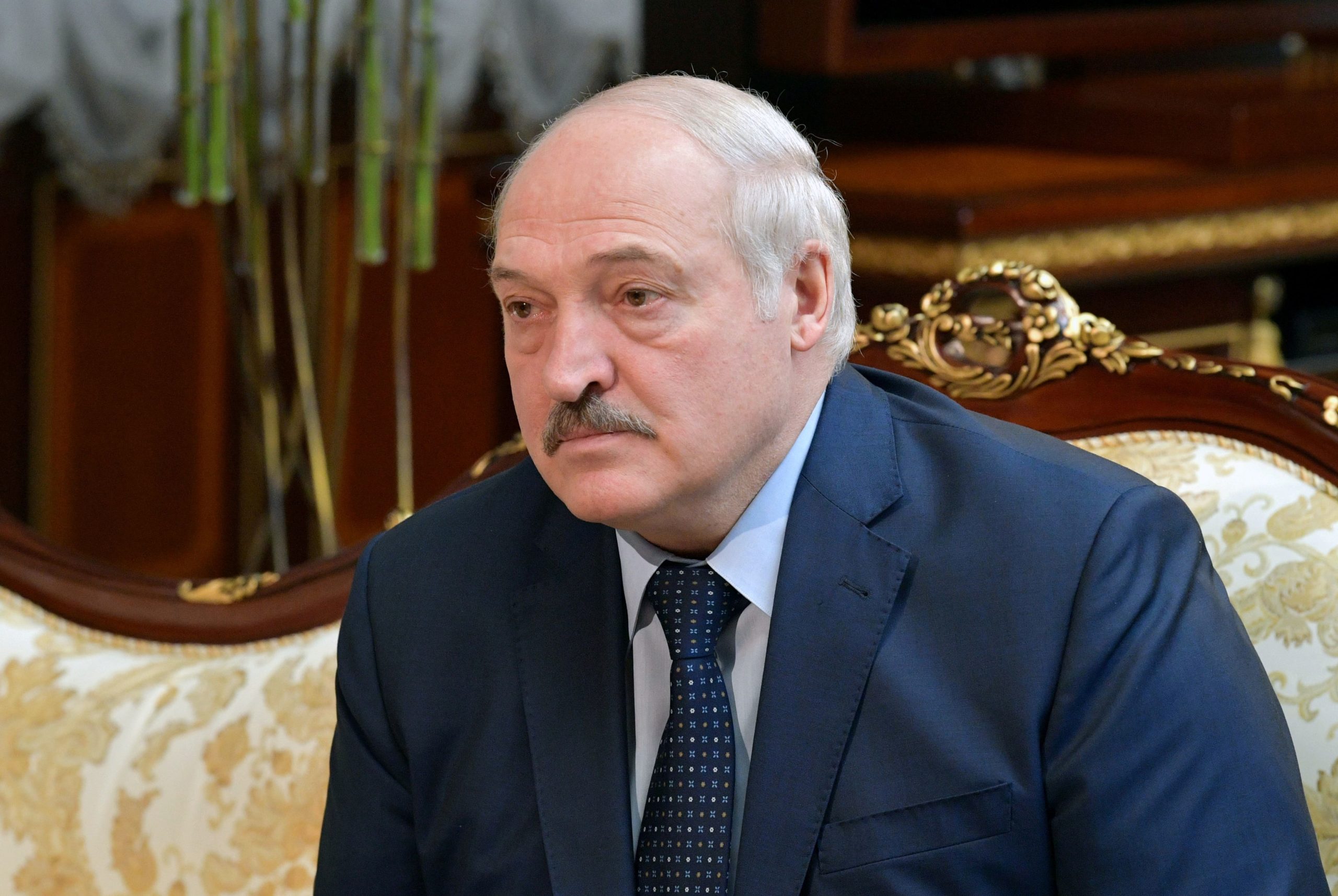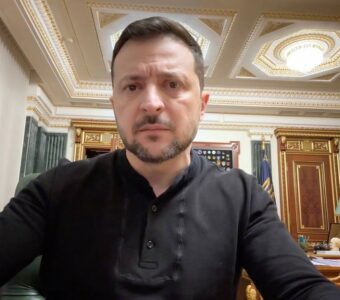Pumping out Lukashenko’s air. How are Ukraine and the West going to fight Belarus over Protasevich?
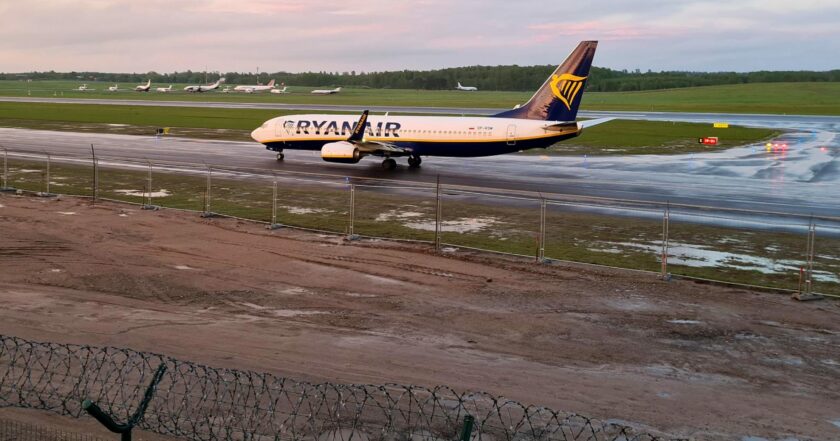
Photo Reuters
The scandal surrounding the forced landing of a Ryanair plane in Minsk with one of the most vicious opponents of the regime in Belarus and the editor-in-chief of NEXTA, Roman Protasevich, is gaining momentum.
It was clear that the President of Belarus Aleksandr Lukashenko would take the main knocks since he, no doubt, had authorized the special operation to detain the enemy. But besides him, the airline also caught a stray fist; their plane was landed, accompanied by two Belarusian aviation plane fighters.
How did the West react, can the statements of European officials influence Lukashenko, and what options for a tougher influence could there be? Found out in the Rubryka article.
The West is worried as usual. But what's next?
The reaction of both the United States and the European Union and other countries unfriendly to Russia and Lukashenko's regime was quite predictable: condemning the actions of the president of many years, threatening new sanctions, and even accusing of air terrorism.
"The US strongly condemns the forced re-routing of a flight between the two EU countries and the subsequent detention and arrest of journalist Roman Protasevich in Minsk. We demand his immediate release. This outrageous act of Lukashenko's regime endangered the lives of more than 120 passengers," US Secretary of State Antony Blinken said.
The European Union's indignation, and especially that of the Baltic countries, is also quite understandable: Protasevich flew to Vilnius. In fact, dozens of Europeans suffered. But will there be any point from statements and threats?
"The West's reaction is quite predictable and understandable; they simply couldn't respond otherwise. The question is, how effective will it be in relation to Lukashenko? The story of the suppression of the protests after the elections killed his reputation completely. Any illusion that he still has at least some chance to build relations with the West is already in the past. So any condemnation doesn't matter to him. He's unlikely to execute Protasevich, but it'll take a long time to bargain," international expert Serhii Ditkovskyi said in a commentary to Rubryka.
Lukashenko, of course, went for broke and won't give up the oppositionist who fell into his hands just like that: NEXTA drank too much of his blood last summer and autumn. In addition, the President of Belarus has repeatedly stated that the publication was a product of foreign special services' activities; allegedly through the media, the West tried to disperse a new "color" revolution in the state, neighboring Ukraine.
It should be admitted that the operation of the special services to detain Protasevich was carried out almost perfectly: from surveillance at the airport to a prompt landing under a far-fetched pretext in Minsk. Lukashenko definitely won't let go of such a trump card.
They can hit blows at Lukashenko via air
Belarus's economy is traditionally focused on two states. The first of these is, of course, Russia. Second, paradoxically, China. Over the past few years, the Celestial Empire has invested more than $4 billion in Belarus and is not going to stop there: Chinese leader Xi Jinping was the first to congratulate Lukashenko on his "victory" in the elections in August last year.
The ties with the West are much less strong and profitable: in 2020, the trade turnover between Belarus and the European Union amounted to $956 million. It's relatively small: Ukraine's neighbors don't have an Association Agreement with the European Union, so it's very difficult for Belarusian businesses to compete on European markets.
It's much easier to follow the beaten track and sell your products to Russia and other CIS countries. Until recently, Ukraine was also on the list of priority trading partners, but over the past year, relations have deteriorated greatly: Kyiv didn't support Lukashenko's actions against oppositionists last summer and condemned actions against Protasevich.
Based on this, it's clear that the President of Belarus can survive the wave of European sanctions, especially if the Kremlin lends him a 'strong shoulder.' However, the European Union still figured out how to bring trouble to Lukashenko: the main Belarusian airline Belavia may suffer.
"This mistake must not be repeated. The European Union should impose a ban on Belavia flights and close the Belarusian airspace. In the EU, those responsible for this state terrorism act should be prosecuted and sanctions against Belarus should be drastically expanded," a member of the Bundestag Foreign Affairs Committee and Rapporteur for Eastern, Central Europe, and the Balkans Renata Alt stated.
A similar statement was also made in Poland and the United States. The issue of Belavia has likely been practically resolved; the company will be punished, but the Belarusian citizens may also suffer. It's possible that entry into the European Union will become much more problematic for them, and the number of visa refusals will increase significantly.
How effective will it be in relation to Lukashenko's rating? Such a prospect will positively not cause delight among Belarusians, however, the current president's regime rests primarily on the "bayonets" of the special services and the security forces that he has grown over 25 years of rule.
On the evening of May 24, Ukraine announced it was suspending air traffic with Belarus. There's no doubt that all other European countries will take the same measures soon. It seems that they decided to strangle Lukashenko through an "air" blockade. The question is how effective it will be. So far, it looks like the dictator from Belarus is not going to retreat.
How much money can Belarus lose?
The effect of such sanctions will bear not only political consequences and threaten the collapse of Belavia but also lead to the loss of tens of millions of dollars of the Belarusian budget.
Each country spends considerable sums to ensure the operation of the sky system and safety. This money is compensated from the budgets of airlines, which deduct money to the state both for transit flights and flights with a landing at a specific airport. Of course, the amounts are different, but on average, more than 3,000 thousand passenger planes fly through the skies of Belarus every year. Traditionally, the fee is charged for every 100 kilometers of travel over the state's territory, plus additional fees for take-off and landing. It's difficult to define the exact amount of losses, but it's clearly tens of millions of dollars annually. Plus the need to maintain the air infrastructure at its own expense. In addition, according to Bloomberg, the European Union is also preparing to stop ground communication with Belarus. These sanctions will go as a "bonus" to the package against individuals and legal entities among the top officials of Lukashenko's state. If the West maintains the same decisive attitude, then Protasevich may be able to get out of jail earlier. However, it's extremely hard to predict the Belarusian dictator's actions. If the "chief" decides that his prestige is offended, then any spending may seem like a trifle. Vladimir Putin's example is contagious.



